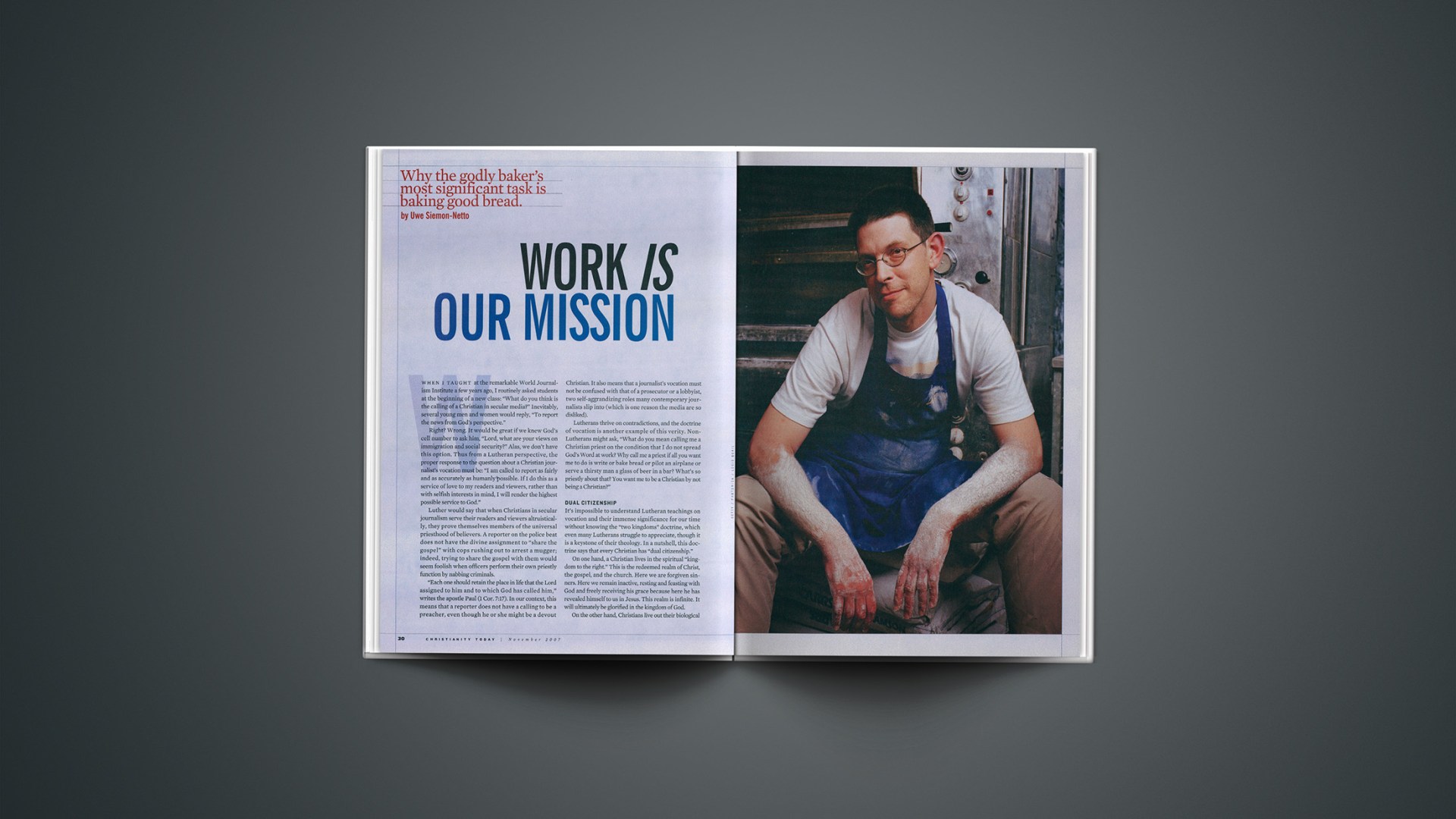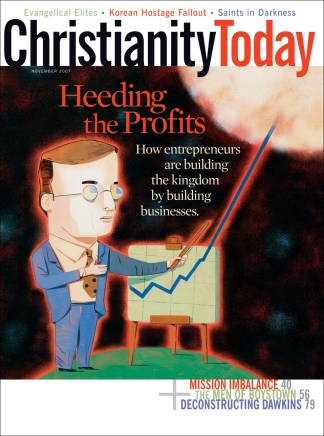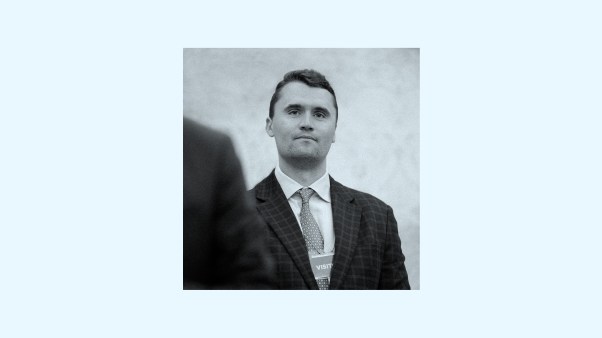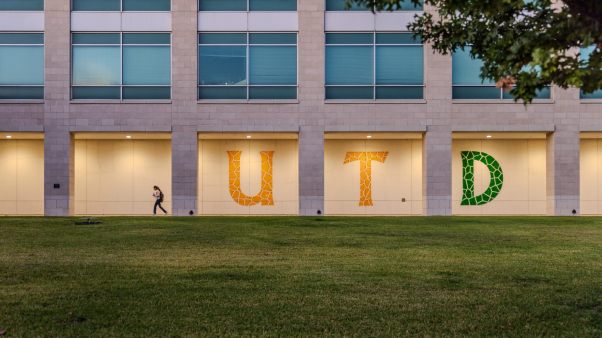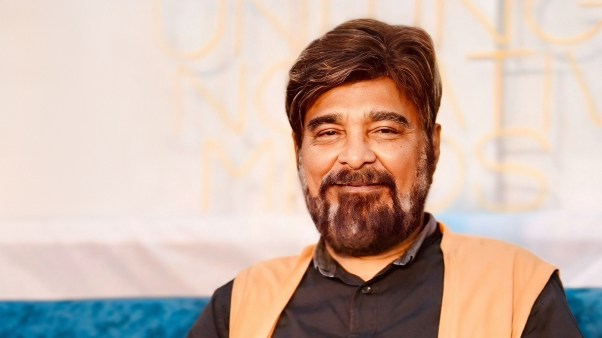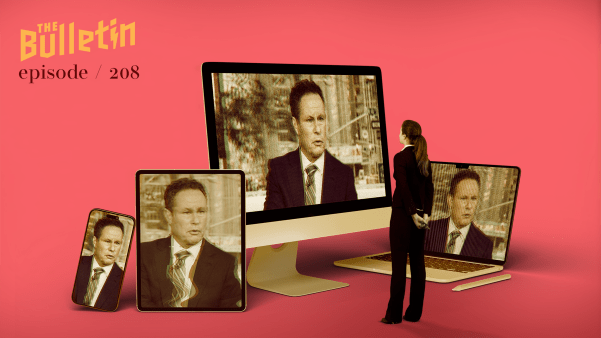When I taught at the remarkable World Journalism Institute a few years ago, I routinely asked students at the beginning of a new class: “What do you think is the calling of a Christian in secular media?” Inevitably, several young men and women would reply, “To report the news from God’s perspective.”
Right? Wrong. It would be great if we knew God’s cell number to ask him, “Lord, what are your views on immigration and social security?” Alas, we don’t have this option. Thus from a Lutheran perspective, the proper response to the question about a Christian journalist’s vocation must be: “I am called to report as fairly and as accurately as humanly possible. If I do this as a service of love to my readers and viewers, rather than with selfish interests in mind, I will render the highest possible service to God.”
Luther would say that when Christians in secular journalism serve their readers and viewers altruistically, they prove themselves members of the universal priesthood of believers. A reporter on the police beat does not have the divine assignment to “share the gospel” with cops rushing out to arrest a mugger; indeed, trying to share the gospel with them would seem foolish when officers perform their own priestly function by nabbing criminals.
“Each one should retain the place in life that the Lord assigned to him and to which God has called him,” writes the apostle Paul (1 Cor. 7:17). In our context, this means that a reporter does not have a calling to be a preacher, even though he or she might be a devout Christian. It also means that a journalist’s vocation must not be confused with that of a prosecutor or a lobbyist, two self-aggrandizing roles many contemporary journalists slip into (which is one reason the media are so disliked).
Lutherans thrive on contradictions, and the doctrine of vocation is another example of this verity. Non-Lutherans might ask, “What do you mean calling me a Christian priest on the condition that I do not spread God’s Word at work? Why call me a priest if all you want me to do is write or bake bread or pilot an airplane or serve a thirsty man a glass of beer in a bar? What’s so priestly about that? You want me to be a Christian by not being a Christian?”
Dual Citizenship
It’s impossible to understand Lutheran teachings on vocation and their immense significance for our time without knowing the “two kingdoms” doctrine, which even many Lutherans struggle to appreciate, though it is a keystone of their theology. In a nutshell, this doctrine says that every Christian has “dual citizenship.”
On one hand, a Christian lives in the spiritual “kingdom to the right.” This is the redeemed realm of Christ, the gospel, and the church. Here we are forgiven sinners. Here we remain inactive, resting and feasting with God and freely receiving his grace because here he has revealed himself to us in Jesus. This realm is infinite. It will ultimately be glorified in the kingdom of God.
On the other hand, Christians live out their biological lives in the finite “left-hand kingdom”—their secular reality. It too is God’s realm, and must therefore never be disparaged. But here God conducts a masquerade, governing in a hidden way through worldly rulers who are his “masks,” as Luther said. This realm, which will disappear at the end of time, is under the law; its operating system is natural reason—a gift from God enabling us to find our way around this place. Reason, not the gospel, can tell us how to bake bread, fix someone’s plumbing, or cover a court case.
In the left-hand kingdom, we exercise our common priesthood by serving each other lovingly, though we are fallible (we are human after all). We make mistakes but also take comfort in the knowledge that “God will put things right in the end,” as Dietrich Bonhoeffer wrote in his prison cell before becoming a martyr at the hands of the Nazis. Though we must not embrace the ways of this sinful world, we are called to engage it fully, lest we disobey the hidden God. He has created us as his co-creators—partners in the ongoing process of cultural renewal. We are his associates when we give love to others, when we plow the land, start a family, develop new medicines, teach the next generation, invent machines, tend to the sick, and at some future date, colonize the universe.
A Kingdom of Priests
This idea—that by doing our daily chores we are priests equal to the minister serving at the altar—is hugely liberating, especially as we know that in our other abode, the right-hand kingdom, we are already redeemed. With this theology, Luther put laity on par with liturgists, preachers, and others officiating in divine service, and thus laid the groundwork for the modern vision of democracy. And this is perfectly biblical. Down here, in this imperfect environment with its dirty politics and asinine talk shows, we are nevertheless “a kingdom of priests,” God’s chosen nation, his very own possession, as St. Peter wrote (1 Pet. 2:9).
As masks of the hidden God, we perform our priestly duties by going to the polls and running for election, by cooking for our families and doing the bookkeeping, by cutting someone’s hair and issuing speeding tickets, and by storming with guns blazing an enemy position in Iraq. We are priests when we create beauty in music or other forms of art and when we teach the next generation to do the same—and when we appreciate beauty, which Scripture sometimes uses as a synonym for God. We are priests until the moment when our last priestly act might be to let doctors and nurses, friends and family tend to us in love.
Max Weber, the father of modern sociology, found that by internalizing this doctrine, Lutherans became manufacturers of some of the best products in the world (the quality of German and Swedish cars serves as a good example). Tragically though, even faithful Lutherans have forgotten this theological treasure, which is badly needed in our perplexing era.
This deficiency became apparent in the results of the last U.S. midterm elections. Of the 535 members of Congress, 37 are Episcopalians, even though no more than 2.2 million Americans belong to this denomination; 43 are Jews of which 5.2 million inhabit the United States. In comparison, Lutheran denominations in the United States have 9 million members and only 18 men and women elected to Congress. My own confessional Lutheran Church–Missouri Synod (almost 2.5 million members) has two men in the House of Representatives—significantly fewer than the five that Christian Scientists (estimated membership: 150,000-450,000) managed to get elected.
Does this mean that American voters hold a bias against Lutherans, who otherwise excel in the sciences, the military, and many other fields? I don’t believe so. I suspect that although their realistic theology explicitly frees them to dirty their hands in national politics and the major media—CNN’s grumpy Jack Cafferty is the only well-known Lutheran on U.S. television—Lutherans, especially those of the confessional variety, are simply dragging their feet. It just might have something to do with what sociologist Peter L. Berger calls “Lutheran tribalism.”
There is a German saying: A baker who does not eat his own rolls will find it hard to sell them to others. I fear this insight applies here too, and it’s a shame that this marketable item of Lutheran vocational doctrine should be left to grow stale in these befuddled times. Evangelicals, like those at the World Journalism Institute, need not retreat to tribal spheres like the Lutherans, nor exercise the exhortations of the evangelist in their worldly professions. Luther’s doctrine of the two kingdoms frees us to minister as bakers, news reporters, and accountants.
Uwe Siemon-Netto, a veteran foreign correspondent from Germany and a Lutheran lay theologian, is director of the Concordia Seminary Institute on Lay Vocation in St. Louis, Missouri.
Copyright © 2007 Christianity Today. Click for reprint information.
Related Elsewhere:
The November issue of Christianity Today also featured “The Mission Of Business” and “Scripture and The Wall Street Journal.”
Previous Christianity Today articles on faith and business include:
From Hand Out to Hand Up | Three Arkansas entrepreneurs are helping build Rwanda’s largest bank for the poorest of the poor. (November 1, 2007)
The Good Shepherds | A small but vigorous movement believes that in farming is the preservation of the world. (October 25, 2007)
Surviving the Mortgage Crisis | Most Christian lenders remain strong during sub-prime debacle. (October 12, 2007)
Crop of Concerns | Farm bill draws out Christian reformers worried about subsidies. (August 10, 2007)
Defining Business Success | A CEO on why core values are not enough. (February 5, 2007)
Dollars and Sense | How Salem Communications makes its money. (January 26, 2007)
Previous articles by Uwe Siemon-Netto include:
Uwe Siemon-Netto: Ignore History at Your Own Peril | UPI religion columnist decries the shallow Christianity of those who neglect the past. (April 2005)
The Supreme Court Rejects Natural Law | It’s now up to the churches to guard what is graven on the heart of man. (June 1, 2003)
Spittle and Self-Righteousness | Beware of responding too indignantly to those on the other side of the war debate. (March 28, 2003)

